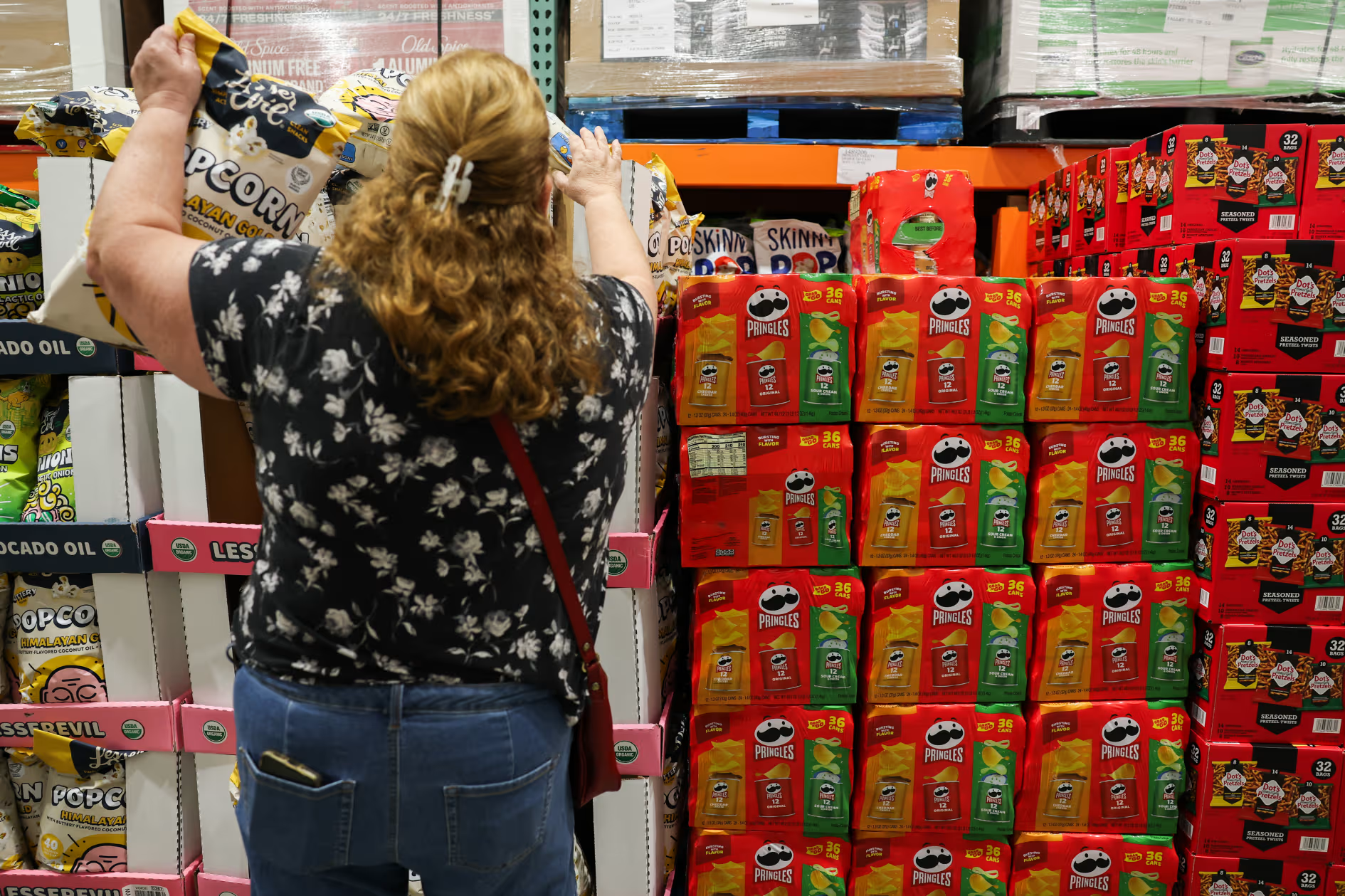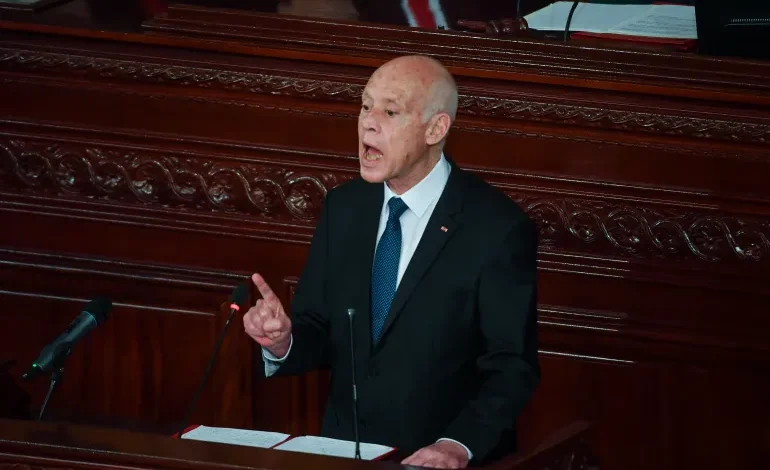Tunisian President Kais Saied abruptly dismissed Prime Minister Kamel Maddouri on Thursday, less than a year after his appointment, replacing him with Sara Zaafarani, an engineer who has served as Minister of Equipment and Housing since 2021, Al Jazeera reports.
The move comes as Tunisia struggles with a complex mix of economic and political crises, further compounded by a surge in migrants and refugees arriving from sub-Saharan Africa.
President Saied’s decision follows his low-turnout re-election in 2024 and ongoing challenges in stabilizing the country’s economy. His leadership has faced criticism for political repression, including the imprisonment of numerous opposition figures, businessmen, and journalists. The president holds broad powers to dismiss ministers and judges.
Zaafarani becomes Tunisia’s third prime minister in less than two years, and the country’s second female prime minister in history.
In recent months, Saied has publicly criticized the performance of his ministers, stating that many have failed to meet the required standards and the high expectations of the Tunisian people. Just last month, he sacked Finance Minister Sihem Boughdiri.
During a meeting broadcast on the presidency’s Facebook page, Saied tasked Zaafarani “to further coordinate government action and overcome obstacles to meet the expectations of the Tunisian people.”
Tunisians have increasingly voiced concerns over deteriorating public services, ranging from healthcare to transportation and utilities. Economic growth has remained sluggish, not exceeding 1.4 percent in the past year, and the country’s public finances are facing a severe crisis leading to shortages of essential commodities like sugar, rice, and coffee.
Beyond the economic challenges, Tunisia is also grappling with a significant migrant crisis. Thousands of people from sub-Saharan Africa are attempting to reach Europe, using Tunisia as a transit point.
Reports indicate thousands of migrants and refugees are currently living in makeshift camps in forests in southern towns such as Amra and Jbeniana, after authorities prevented them from crossing the Mediterranean.
Tensions are rising, with frequent clashes between migrants and local residents who demand deportation. Local human rights groups have accused authorities of employing racist rhetoric and inciting violence against migrants.
President Saied’s assumption of extra powers in 2021, including the shutdown of the elected parliament and ruling by decree before consolidating authority over the judiciary, has drawn condemnation from the opposition, who have labeled the move a coup.










The latest news in your social feeds
Subscribe to our social media platforms to stay tuned